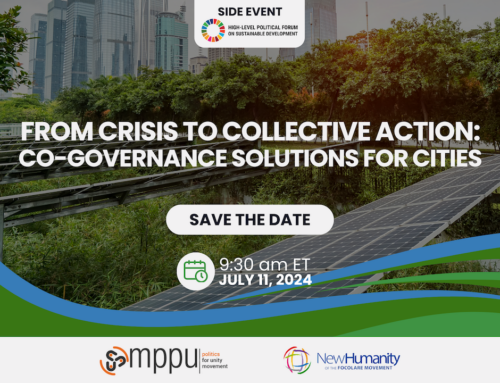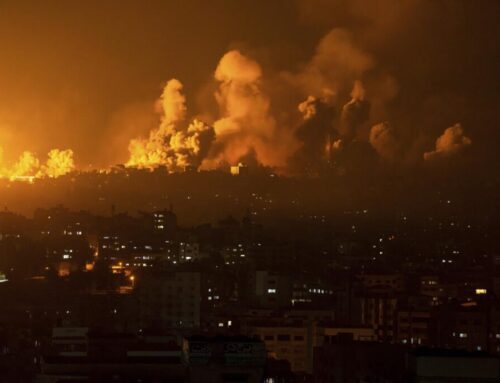THREE POLICY INITIATIVES ARE URGENTLY NEEDED
The plan launched by the European Summit on Migration – which was urgently convened after yet another tragedy in the Mediterranean with its huge death toll – is expanding the area of operations covered by Triton and Poseidon. The tripling of funding allows more and better equipped ships which are also able to go further than 30 miles from the coasts of EU countries. These developments will continue to be within the framework of Frontex whose primary function is the defense of European borders and not the making of a com-prehensive migration policy.
The plan in itself is not without contradictions given EU states varied levels of willingness or reluctance to receive migrants. Everyone knows that destroying migrant boats, even if it could discourage human traffficking, would neither help nor save all the victims of illegal immigration nor halt the influx. Recent news also highlighted the dangers faced by mi-grants following land routes, when 14 were killed by a train as they walked along the tracks.
An effective policy on migration in the European Union (and beyond) should have a very different perspective and distinguish three different areas for policy and public action.
First, the public commitment of all the institutional, infrastructural, human and financial re-sources available in the host countries in order to respond to emergency situations with appropriate measures in a concrete, immediate and effective manner.
The temporary reception of migrants and refugees should be evenly spread throughout Europe, taking into account the presence of local networks. The local councils that are part of the “Cities for Fraternity” association, active mainly in Italy but also in some other coun-tries, could do a great deal to offer short term but dignified hospitality to migrants and refu-gees.
The Movement for Unity in Politics pledges its full support to all those called at this time to make difficult decisions which are often unpopular and taken in the context of upcoming elections. It is the duty of public administrators – whether at local, national or in-ternational levels – to make known the real reasons for emergency measures, undertaken while respecting the rights and expectations of local communities, but without neglecting their duty to humanity in responding to the immediate and basic needs of other human beings.
Secondly, the European Union should clarify the fundamental misunderstanding that un-dermines immigration policies. It is not possible to call for European Institutions to take on a more effective role without at the same time providing the European Union with the necessary skills and resources to carry out functions that the Member Sta-tes themselves, including the Mediterranean states, have not wanted to share from a viewpoint of genuine integration. Migration is still considered an internal affair of each Member State, despite the fact that its international and transnational dimension is evi-dent. The management of migration, no less than the management of the Euro, would mean taking steps towards political union at a time when, unfortunately, political attitudes tend to want European crises to be solved by national governments.
Thirdly, migration across the Mediterranean is linked to the ongoing ungovernability of Li-bya, Somalia, and the wider regions of Sub-Saharan Africa, and to the instability of the Middle Eastern region, particularly Syria and Iraq. The vastness and complexity of the political, economic, social, and cultural life in these areas requires action by the in-ternational community, starting with the United Nations, to implement a compre-hensive plan of action and emergency measures, overcoming opposition and con-tradictory vetoes.
At the very least, the EU should take decisive initiatives, starting from Libya, to promote stabilization and reconstruction, evolving a “country plan” that allows Libya to return to conditions of political, economic amd security stability. As for Africa, it requires joint collaboration between Europe, the US, and China to strengthen institutions and broaden the social and economic prospects of the most disadvantaged areas of the continent.





Leave A Comment